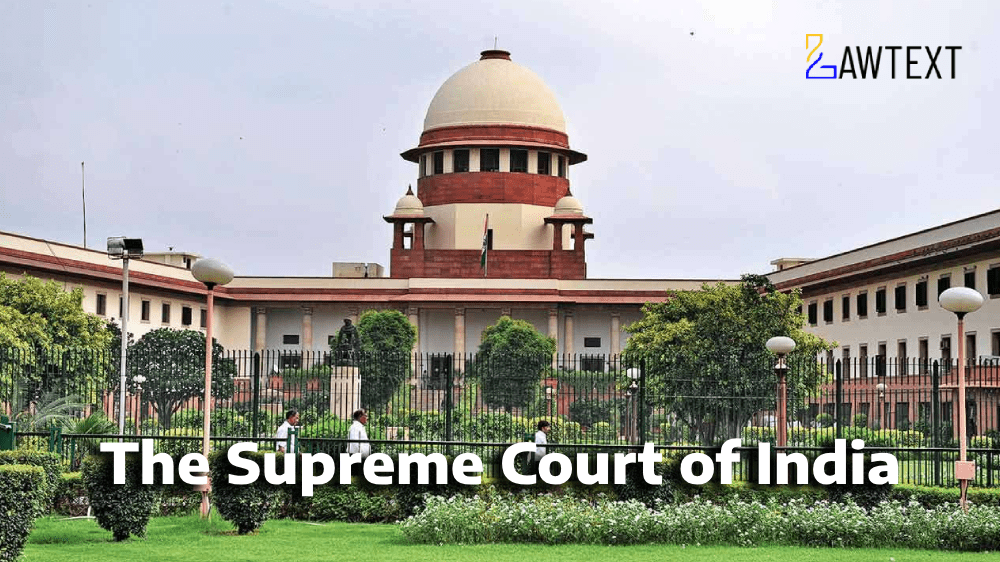Case Note & Summary
Examining the violation of refund processing timeline and the implications on the adjustment of default notices.
The case revolves around the issue of whether the timeline specified in Section 38(3) of the Delhi Value Added Tax Act, 2004, regarding refunds, must be strictly followed when adjusting dues against refund amounts. The respondent, a joint venture, claimed refunds for excess tax credit but faced delays in receiving them. The appellant, the tax department, adjusted the refund against dues under default notices issued after the refund period. The respondent challenged this adjustment in the Delhi High Court, which quashed the adjustment order and directed the refund along with interest.
The appellant argued that the timeline in Section 38(3) is for calculating interest and doesn't restrict the department's power to adjust refunds against outstanding dues. However, the High Court, and subsequently the appellate court, held that the language of Section 38(3) is mandatory, requiring adherence to the specified timeline for processing refunds. As the default notices were issued after the refund period, the adjustment was deemed unjustified. The court rejected the appellant's argument, stating that such interpretation would defeat the provision's purpose. Therefore, the appeal was dismissed, affirming the High Court's judgment for refund with interest under Section 42 of the Act.
Background:
The case concerns the interpretation and application of Section 38(3) of the Delhi Value Added Tax Act, 2004, pertaining to the timeline for processing refunds and its impact on adjusting dues against refund amounts.
Refund Claims and Adjustment:
The respondent, a joint venture undertaking works contracts for the Delhi Metro Rail Corporation, filed refund claims for excess tax credit.
Despite timely filing of refund claims, the tax department delayed the processing and issuance of refunds.
Subsequently, the tax department adjusted the refund amounts against dues under default notices issued at a later date, which fell beyond the stipulated refund period.
Legal Proceedings:
Challenging the adjustment, the respondent filed a writ petition before the Delhi High Court, seeking the quashing of the adjustment order and the default notices.
The Delhi High Court, after considering the arguments presented, ruled in favor of the respondent, directing the refund of the claimed amounts along with applicable interest.
Appeal and Arguments:
The tax department, dissatisfied with the High Court's decision, appealed the ruling.
In the appellate court, the tax department argued that the timeline specified in Section 38(3) was primarily for calculating interest and did not restrain their authority to adjust refunds against outstanding dues.
Court's Analysis and Decision:
The appellate court carefully analyzed the language and intent of Section 38(3) of the Act.
It noted that the provision mandates adherence to the specified timeline for refund processing, without exceptions.
As the default notices were issued after the expiration of the refund period, the adjustment of refunds against these dues was deemed unjustified.
Rejecting the tax department's interpretation, the appellate court emphasized the need to uphold the purpose and spirit of the provision.
Consequently, the appellate court dismissed the appeal and affirmed the Delhi High Court's decision, directing the refund of the claimed amounts along with interest as prescribed under Section 42 of the Act.
Conclusion:
The appellate court's decision reaffirms the importance of adhering to statutory timelines for refund processing under the Delhi Value Added Tax Act, ensuring timely resolution of refund claims and upholding taxpayer rights.
Issue of Consideration: COMMISSIONER OF TRADE AND TAXES VERSUS FEMC PRATIBHA JOINT VENTURE
Premium Content
The Issue of Consideration is only available to subscribed members.
Subscribe Now to access critical case issues





